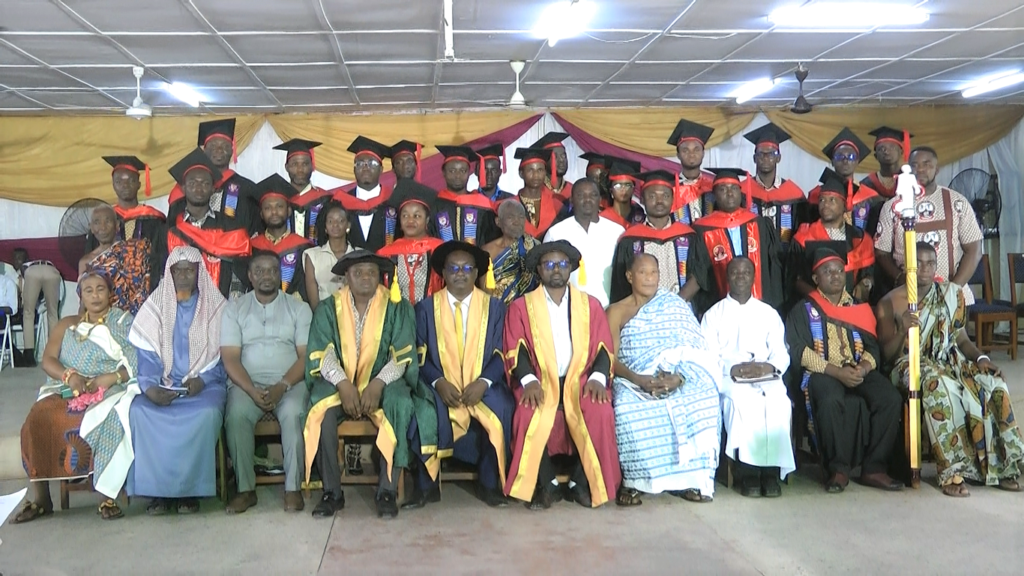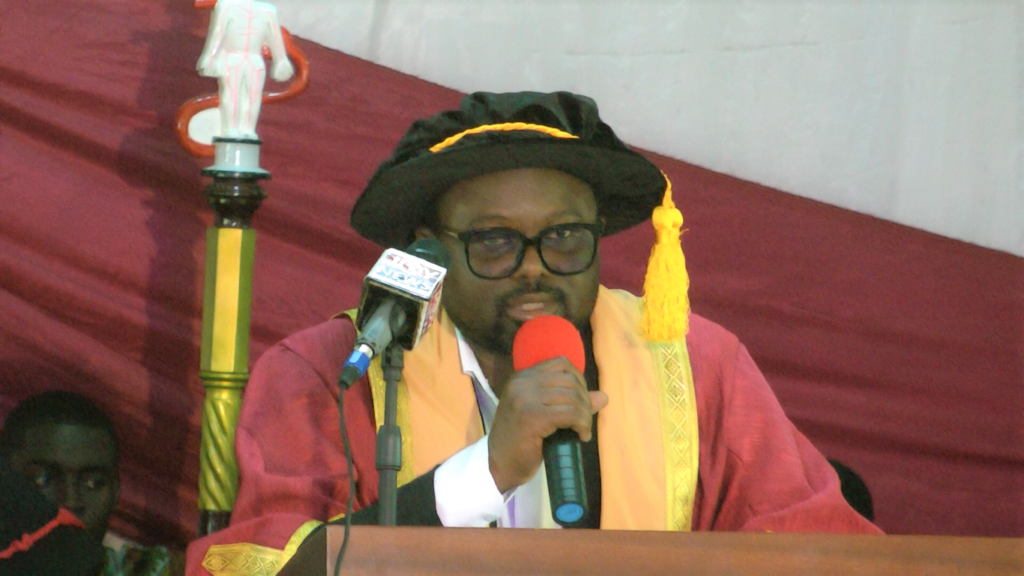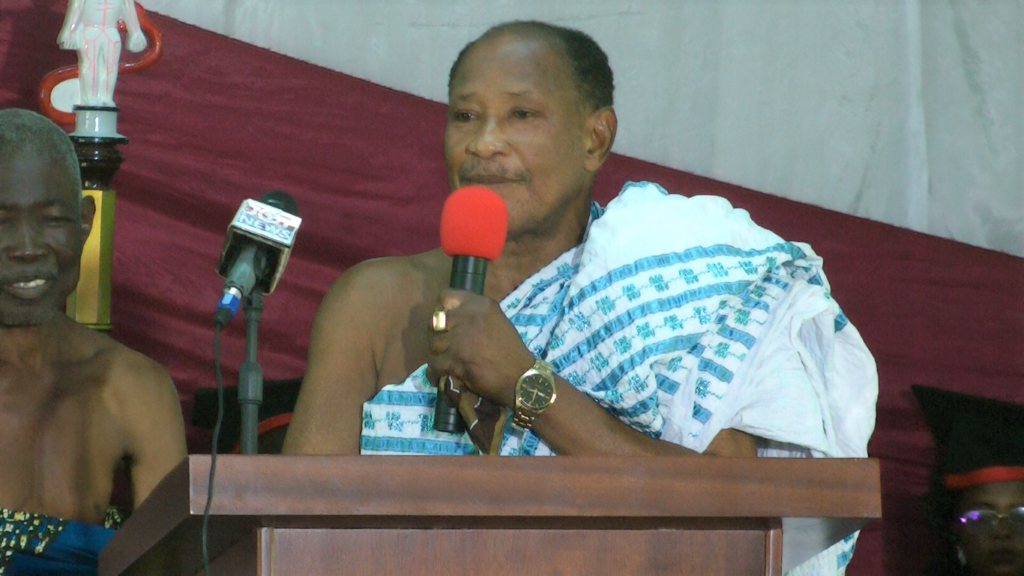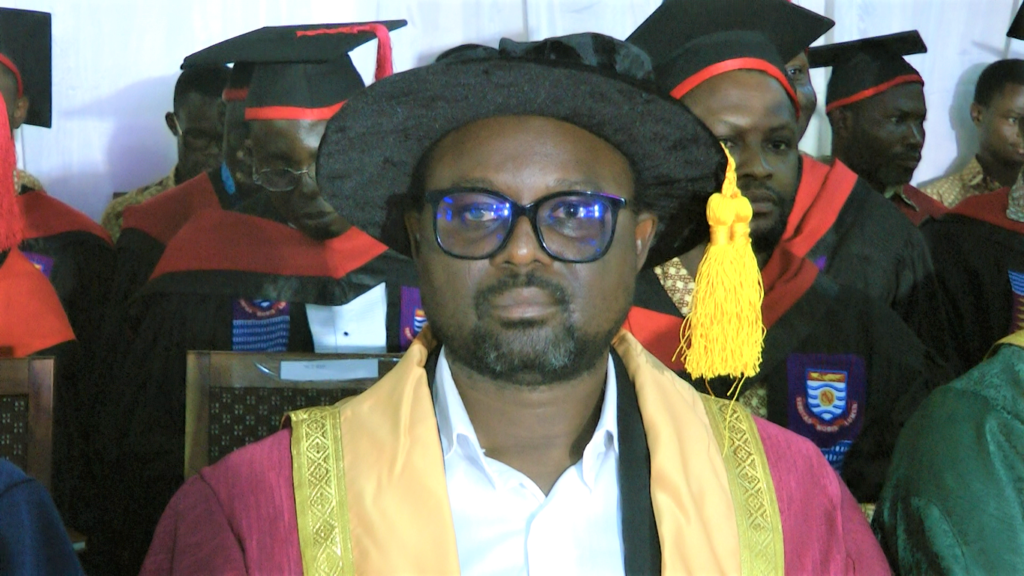[ad_1]
The Director of the College of Health–Yamfo (COHY), in the Ahafo Region, Dr. Mohammed Mohammed Ibrahim, says the lack of adequate infrastructure to accommodate all students at the college has led to some students deferring their studies over the exploitation of private property owners.
The situation, he said, has made the college and some students helpless, hence affecting teaching and learning.
The college’s numerous challenges, especially the lack of physical infrastructure, are despite the evidence of many achievements over the past years.

“The inability of the college to accommodate all its students has caused a ripple effect throughout the Yamfo and Susuanso township”, he said.
Dr. Ibrahim explained that rent prices have skyrocketed in these communities, placing an additional heavy burden on both students and staff.

“Some students in the final years have deferred their studies against their will because they are not able to afford the high rent charges”, he lamented.
He said though the college appreciates the enormous support of the chiefs and the communities, he appealed to them to appeal to the property owners to be considerate with their rent charges.

“I also wish to appeal to all stakeholders to help the college improve on its physical infrastructure”, he added.
Dr. Ibrahim appealed during the 8th matriculation ceremony of COHY on Saturday, March 11, 2023, at the college’s premises.

Established in 2015 with an initial population of 250, COHY now has a total student population of 2,442. This includes 731 newly admitted students for the 2022/2023 academic year.
The college, an affiliate of the University of Cape Coast, offers degrees in Health information management, community health nutrition, community mental health, and Physician assistantship.

The ceremony was on the theme, “The preparedness of the health trainees in embracing technological advancements in health”.
Dr. Ibrahim, the Director of COHY, observed the need to leverage technology to provide quality healthcare.
He said, “The availability of affordable and easy-to-use systems and equipment has contributed to several initiatives aimed at improving the effectiveness of health care providers, the efficiency of health system managers, and new opportunities for the health care consumers”.
He noted that the demand has arisen partly as a result of new insights into the extent to which such systems and equipment can influence healthcare and also as a response to the need to accelerate progress toward the attainment of Sustainable Development Goals.
Ghana, he said, developed a policy on information technology in health in 2005 and a policy on e-health in 2010, confirming the impact of technology on the provision of healthcare services.
Though he admits there is a technological gap still to be filled in the Ghana health system, he challenged the students to embrace all technological advancements aimed at improving healthcare delivery.
“We are determined and committed to training highly skilled health professionals who would contribute their individual and collective efforts to the technological advancement in healthcare”, he assured.
The paramount chief of Yamfo, Nana Ansah Adu-Baah II, on his part, expressed an equal worry over the accommodation challenges facing the college he was instrumental in its establishment.
He, however, assured the staff and students that he will work with the relevant authorities and stakeholders to ensure enough accommodation is provided for the college.
Various speakers advised the students to be focused on their studies to come out successfully as formidable professionals to contribute their quota to the health sector.
DISCLAIMER: The Views, Comments, Opinions, Contributions and Statements made by Readers and Contributors on this platform do not necessarily represent the views or policy of Multimedia Group Limited.
[ad_2]
Source link


